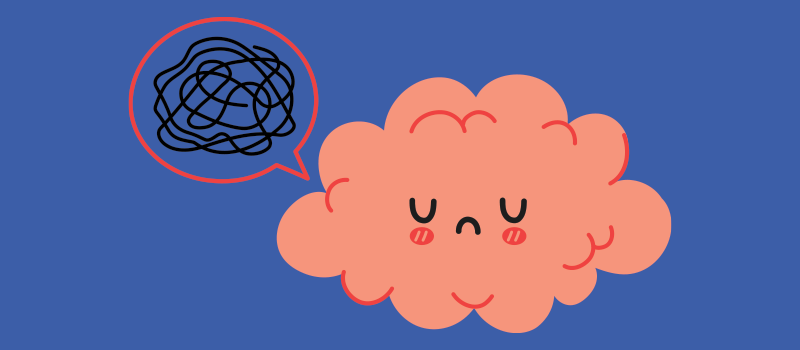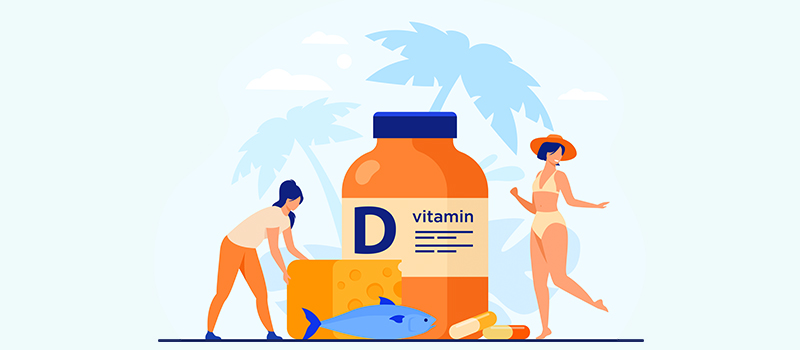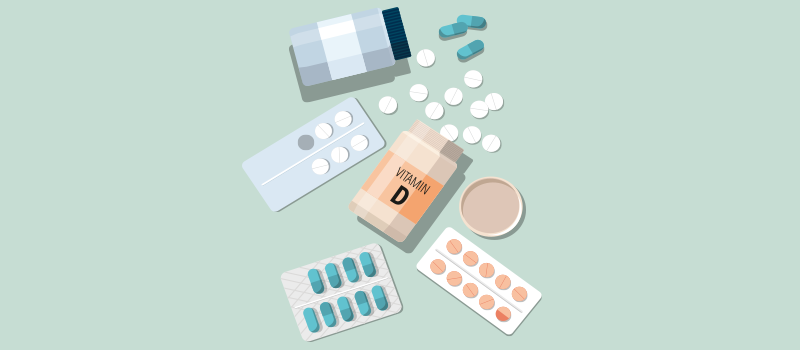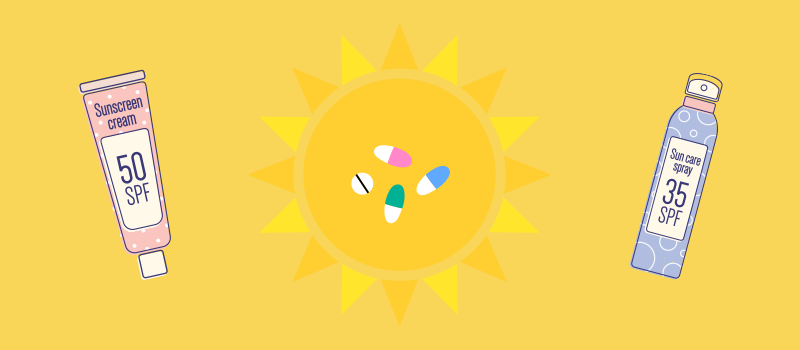What’s the Buzz
The Bee Healthy Blog
Are There Supplements to Reduce Cortisol (Stress Hormone)?

-
Cortisol is the body’s primary stress hormone. Too much cortisol can lead to a chronic stress response that negatively impacts your mental health and immune system, increasing the risk of chronic diseases like heart disease and diabetes.
-
Supplements known to help lower cortisol levels include ashwagandha, omega-3 fatty acids, prebiotics and probiotics, arctic root, bacopa, ginkgo biloba, cordyceps, phosphatidylserine, L-theanine, and magnesium.
-
Medications that can help manage excessive cortisol production include metyrapone (Metopirone), mitotane (Lysodren), ketoconazole, mifepristone (Korlym, Mifeprex), Signifor (pasireotide), and Isturisa (osilodrostat).
Search savings on stress relief
Cortisol is the body’s main stress hormone. Elevated cortisol levels can lead to inflammation and various health issues such as increased blood pressure, anxiety, depression, insomnia, migraines, poor digestive health, weight gain, and reduced mental alertness.
Natural stress management methods like exercise and meditation can decrease cortisol. In addition, certain supplements can help in reducing cortisol levels and managing the body’s stress response.
Please continue reading to find out which supplements can help to reduce the stress hormone cortisol.
What is cortisol? How is it related to chronic stress?
Cortisol is the body’s primary stress hormone, produced by the adrenal glands located on top of both kidneys. It is released when the body is dealing with stressful situations or imminent danger, which is called the fight-or-flight response.
It is important to keep stress levels under control. The prolonged presence of psychological stressors can lead to an overproduction of cortisol. While the body needs cortisol to manage stress, too much cortisol can lead to a chronic stress response. This can impact various organ systems in the body. It can have negative effects on the immune system, digestive system, mental status, metabolism, and overall health.
Studies have shown that moderate to high levels of cortisol can increase the risk of chronic diseases, including digestive system disorders, heart disease, and diabetes. It can also lead to weight gain and obesity, interfere with sleep, cause brain fog, and impair immune responses against infection.
Besides external stressors, a rare but serious disease called Cushing’s syndrome can result in raised cortisol levels in the body.
Supplements Known to Help Lower Cortisol Levels
Ashwagandha
Ashwagandha (Withania somnifera) is a traditional Indian Ayurvedic adaptogenic herb. Studies have found it lowers cortisol levels by up to 30% when taken regularly for 30-60 days.
Omega-3 Fatty Acids
Fish oil contains omega-3 fatty acids, which have been shown to lower elevated cortisol levels and reduce inflammation. Omega-3s also improve mood, mental clarity, and memory. Natural sources of omega-3 fish oils include sardines, salmon, anchovies, mackerel, and other fatty fish. Learn more about the health benefits of Omega-3s.
Prebiotics and Probiotics
Prebiotic and probiotic supplements help to maintain good gut health. A healthy gut has been linked to lower cortisol levels and reduced stress. Natural sources of prebiotics include high-fiber foods like fruits and vegetables. Probiotics can be found in fermented foods.
Arctic Root
Arctic root (Rhodiola rosea), also called rose root, golden root, or rose root, is a traditional Chinese medicine herb. It is believed to increase stamina and energy and may also lower the body’s cortisol response to chronic stress. Taking this herb may result in a reduction in elevated cortisol and lower stress levels. Since it has an energizing effect, arctic root is a particularly good choice for people suffering from stress and fatigue.
Bacopa
Bacopa (Bacopa monnieri) is a traditional Indian Ayurvedic herb that has beneficial effects on mental health. It is used to treat insomnia, fatigue, anxiety, and depression. Bacopa may also lower cortisol, reduce stress, and improve mood.
Ginkgo Biloba
Ginkgo is a popular supplement for brain health and cognitive performance. Besides improving brain function, ginkgo has also been found to reduce blood pressure and cortisol levels, thereby reducing stress.
Cordyceps Sinensis
Cordyceps is a traditional Chinese medicine herb that increases stamina and longevity. It has also been found to lower cortisol levels. However, this herb can increase epinephrine and norepinephrine, which are also stress hormones.
Phosphatidylserine
Phosphatidylserine is a fatty substance that has protective effects on the brain and nervous system. It decreases cortisol hormone levels, reduces stress, improves mental and physical performance, and helps prevent cognitive decline and dementia.
L-Theanine
L-theanine is an amino acid found in black tea, green tea, and some brands of dark chocolate. Research suggests it produces a state of calmness for up to three hours by reducing cortisol levels and blunting cortisol responses.
Magnesium
The exact relationship between magnesium levels in the body and stress and anxiety is unclear. However, we know that low levels of magnesium can lead to increased stress. High levels of physical or mental stress can result in low magnesium levels. Therefore, magnesium supports overall well-being. It helps in regulating certain neurotransmitters (chemical messengers) in the central nervous system. In addition, magnesium helps to manage the body’s stress response and cortisol levels.
Using Cortisol-Reducing Supplements Safely and Effectively
Recommended Dosage
Certain supplements help to reduce cortisol levels. But they can be harmful or toxic if taken in large doses. Read the package instructions carefully, and do not take more than the recommended dose of any supplement.
Best Time to Take
Taking supplements at certain times can lower the risk of side effects and/or boost their effectiveness. For example, rhodiola may work best on an empty stomach but should not be taken before bedtime due to its stimulating effect.
Interactions
Interactions between supplements for cortisol reduction and your other medications can affect how the medicines and herbs work. Drug-herb interactions can also put you at risk of serious adverse effects. Check with your doctor or pharmacist before taking any supplement to reduce cortisol.
Not a Substitute for a Healthy Diet
It’s important to remember that supplements are not a substitute for healthy eating and good nutrition. Most people can get all the macronutrients and micronutrients they need from dietary sources. Talk to your healthcare provider about your specific needs before taking supplements to lower cortisol.
Consult a Healthcare Provider
It’s vital to consult a healthcare provider before starting any cortisol-lowering supplements. Your provider can get to the bottom of what is causing high cortisol (stress hormone) levels. They will also ensure you understand how to take supplements safely and effectively.
Save Up To 80% On Your Supplements With BuzzRx!
Drawbacks of Relying on Supplements to Manage Cortisol Levels
No FDA Regulation
Supplements are not regulated by the Food and Drug Administration (FDA). This means you cannot be sure of their safety and efficacy. Always choose supplements made by reputable companies. Check with your doctor or pharmacist before taking supplements.
Lack of Scientific Evidence
The ability of dietary supplements to lower cortisol levels is based on small studies and anecdotal evidence. More research is needed to confirm whether specific supplements can actually lower cortisol levels in the body.
Risks of Over-Reliance on Supplements
Over-reliance on dietary supplements can lead to poor food choices. It’s important not to consider supplements as a shortcut to better health.
Natural Remedies for Stress Relief
Regular Exercise
Regular physical activity is proven to improve your mood, help you relax, and lower symptoms of stress and anxiety.
Mindfulness and Meditation
Practicing mindfulness helps to interrupt the stress cycle and naturally reduce the body’s response to stress. Yoga and meditation are good practices for a healthy lifestyle and can help relieve stress naturally.
Healthy Eating and Hydration
A balanced diet that includes healthy fats supports the body’s immune system and muscle growth. It provides the energy the body needs to deal with stressful events. Eating foods rich in omega 3 fatty acids can help to regulate cortisol levels. Staying well hydrated by drinking water and limiting caffeine intake are also important.
Sleep
Getting enough good quality sleep is one of the best natural stress reduction tactics. Sleep gives the body a chance to rest and recuperate. High levels of stress can keep you up. Lack of sleep can increase anxiety levels and lower mental performance. Adults should aim for 7-9 hours of high-quality sleep every night to alleviate stress.
Therapy and Counseling
Cognitive behavior therapy (CBT) and other types of talk therapy teach you to manage stress naturally. These therapies help you understand the connections between your thoughts, emotions, feelings, and behaviors and build resilience in handling stress.
Pills to Reduce Cortisol
Cushing’s syndrome is a condition in which there are elevated cortisol levels in the body. Doctors may perform surgery to remove a tumor of the adrenal glands or offer radiation therapy to treat a pituitary tumor in the brain that is causing high cortisol. They may also prescribe a medication to manage excessive cortisol production, such as:
-
Metyrapone (Metopirone)
-
Mitotane (Lysodren)
-
Mifepristone (Korlym, Mifeprex) - this medicine is approved for Cushing syndrome patients with type 2 diabetes or glucose intolerance
-
The injection Signifor (pasireotide) and the oral pill Isturisa (osilodrostat) are newer medications for Cushing’s syndrome.
Common Questions
What is the best supplement to lower cortisol levels?
No single supplement is proven to be better than others in lowering cortisol levels. You can try taking supplements such as ashwagandha, arctic root, bacopa, ginkgo and others that may reduce cortisol in the body. Remember, cortisol production is a response to stress. It’s important to consult your doctor to identify the cause of elevated cortisol and treat it appropriately.
Is there a pill to reduce cortisol?
Yes, there are cortisol-reducing medications that can be used to treat Cushing’s syndrome, a condition in which there is too much cortisol in the body for a long time.
How much omega-3 to lower cortisol?
The recommended daily intake of omega-3 for adults is 1.6 grams (males) and 1.1 grams (females). Most people are able to obtain a sufficient amount of omega-3s from their diet. Foods rich in omega 3s include flaxseed, chia seeds, walnuts, and fatty fish (salmon, herring, mackerel, sardines). Talk to your doctor before taking omega-3 supplements, as over-supplementation can cause side effects.
What to take for high cortisol levels?
It’s important to find the underlying cause of high cortisol levels. If stress is the trigger, your healthcare professional may recommend natural remedies for stress reduction, such as exercise and meditation. If there is a medical condition causing high cortisol levels, treatments will be offered based on the cause, and these may include medications and/or surgery.
Elevated levels of stress in the long-term are linked to chronic disease. Certain supplements can help in lowering cortisol stress hormone and thereby reducing stress.
However, herbal supplements cannot result in a significant reduction in cortisol levels. If you have a medical condition such as Cushing’s syndrome, your doctors will use specific treatments to decrease cortisol levels. In other words, seeking professional medical care for cortisol reduction is important if you have a medical condition.
With that said, a few supplements can help lower cortisol levels and reduce the stress associated with everyday life events; they can be helpful when used in addition to promoting a healthy lifestyle. These supplements can also improve sleep quality and concentration and help treat anxiety and other mental health problems in people with chronic stress.
Always talk to a doctor before taking a supplement to lower cortisol levels. This will ensure there are no potentially dangerous interactions between supplements that lower cortisol and your other medications.
References:
-
https://journals.sagepub.com/doi/pdf/10.4103/0253-7176.106022
-
https://www.jstage.jst.go.jp/article/jspfsm/55/Supplement/55_S145/_article/-char/ja/
-
https://www.mayoclinic.org/diseases-conditions/cushing-syndrome/diagnosis-treatment/drc-20351314#
-
https://ods.od.nih.gov/factsheets/Omega3FattyAcids-HealthProfessional/












SOCIAL